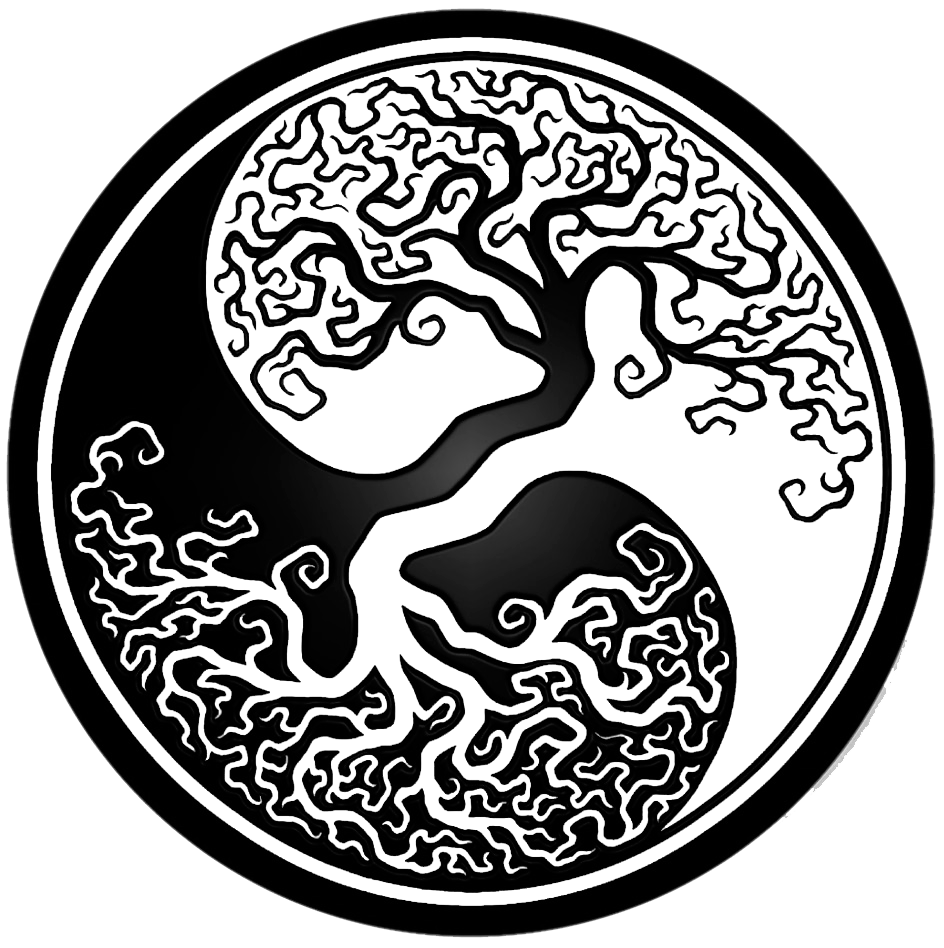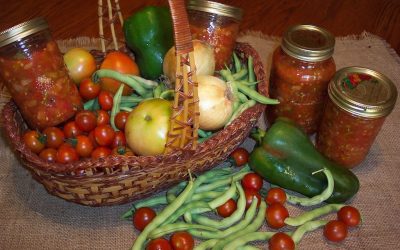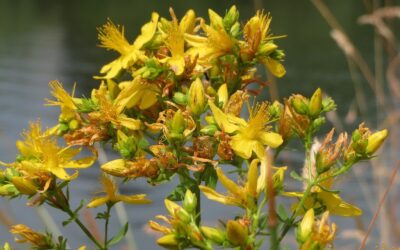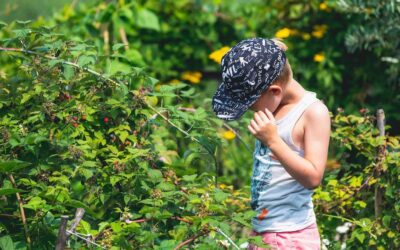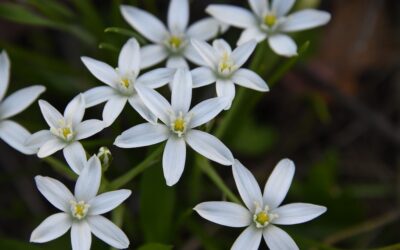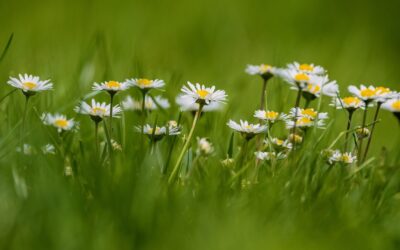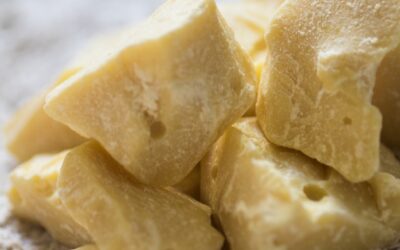Plant Knowledge
Plants affect every aspect of our lives. Without them, life as we know it, would not be possible at all. Millions of years before animals ever evolved, plants were making this planet habitable. They not only regulate the concentration of gases in the atmosphere (making air ‘breathable’), but they are also the only organisms capable of transforming sunlight into a form of energy that other species can digest and use as fuel. We are dependent on plants for food, for air and for the water cycle.
They have been termed ‘the original alchemysts’, or less poetically – ‘biochemical factories’, capable of producing a myriad of chemical compounds. Modern chemists still find it difficult to imitate some of these, let alone imagine them, without the aid of these natural models.
Ever since the stone-age, (which is really a complete misnomer and should instead be called ‘the plant-age’, since many more artefacts were fashioned from plants than from stone) human beings of all cultures have been incredibly innovative when it comes to finding ways to adapt plant materials for their various needs. Their versatility is quite inexhaustible: we use wood as timber for constructing everything, from simple shelters to cathedrals, we use charcoal for cooking food, or to fire up a furnace capable of smelting metals, or to fire up a steam engine. We use grasses and fibres to make baskets, or to weave clothes, and bast for twine and rope. We pulp plant fibres for paper and we use oils as lamp fuel, cosmetics and soap. Leaves, barks, lichens and fruit all bring colour into our world as natural dyes, and we delight in the beauty and the scents of flowers.
But most importantly, plants nourish and heal us. Whether wild food we find in nature or cultivated species that are grown in the garden, they give us our daily bread, and so much more! And their vast store of fruits, seeds, leaves and roots also provide us with medicines for all manner of diseases, from the common cold to cancer. Even now, in this era dominated by science, phytochemical compounds play a significant role in the development of important drugs that can save millions of lives. And the hunt for new plant medicines is still on. In fact, the search for effective compounds has become more urgent than ever, as synthetic antibiotics are failing as an effective weapon in the struggle of ‘man against the bug’. Meanwhile, habitats of rich biodiversity are threatened by environmental destruction. The forces that threaten nature also threaten the keepers of traditional knowledge, the indigenous people who still rely on nature for their everyday needs. As their homes and livelihoods and their way of life are threatened, so is their age-old knowledge which they have gathered over the millennia.
The alienation from the natural world and the loss of habitats, which in turn threatens the survival of innumerable species, does not just leave us with an impoverished world. Ultimately this mindless destruction erodes the very foundation of our civilisations and the deep spiritual roots that are based on our once sacred relationship to the earth.
As mediators and gate-keepers of the spiritual worlds, plants have always been at the centre of this relationship. While most scientists working to protect nature, care little about such things, those who’s link their spiritual roots to their relationship with the Earth, the current trend of environmental destruction and loss of traditional knowledge represents nothing less than ‘culture-cide’. Everywhere on this planet, among all cultures, plants have become the bearers of a rich symbolism and a world of meaning that connects the human world to the realm of the Gods. As shamans of all cultures have always known: plants provide a way of connecting with the very essence of life.
In this section you will find articles on various aspects of the plant/human relationship.
Preserving the Harvest (1)
This article is about various methods to preserve the harvest. Making your own pickles and preserves, jams and chutneys, liqueurs and canned veggies is a great way to celebrate the harvest
Plant Profile: St. John’s Wort
This plant profile of St. John’s Wort tells the stories, traditions, and medicinal uses of St John’s Wort.
What is Foraging?
What is foraging, why do people forage, what are wild edible plants and what skills do foragers need to learn?
Star of Bethlehem
The Star of Bethlehem is a small bulbous flower of the Lily family with many unusual features and interesting properties.
Foraging Daisy (Bellis perennis)
Daisies are among the most common spring herbs, but did you know they are edible? This article is about foraging Daisies, and how to use them
Cacao can do more – New Uses for an Old Crop
This article is about unknown uses of Theobroma cacao. This remarkable tree can offer even more than chocolate – as if that wasn’t enough.
